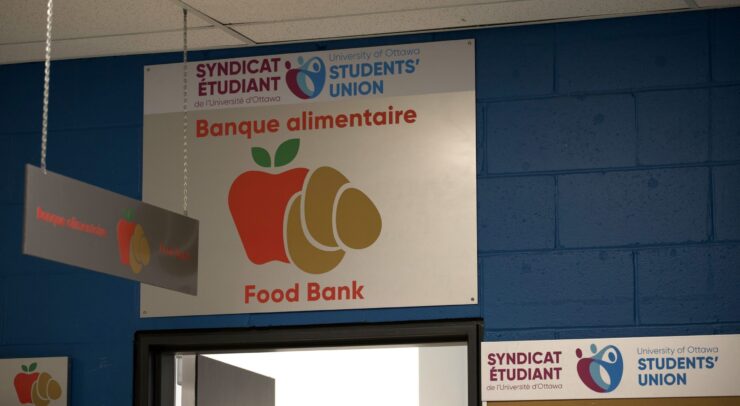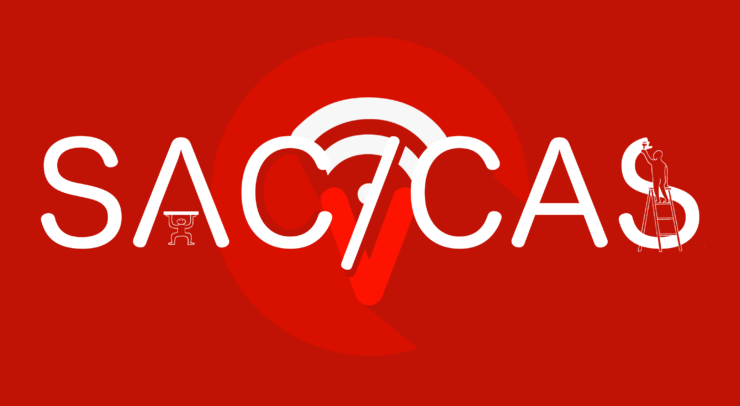Panelists encourage students to reflect before joining PACRFC, stressing concerns with ability to implement real change against anti-Black racism
The University of Ottawa’s Black Student Leaders Association (BSLA), in conjunction with the University of Ottawa Students’ Union (UOSU) and the Ontario Public Interest Research Group (OPIRG), hosted a panel called uRacism: Defy the Black Experience.
Held on Zoom on Nov. 29, the event hosted a series of panelists; including Jamal Koulmiye-Boyce (former vp academic for the Conflict Studies and Human Rights Students’ Association), Jason Seguya (current equity commissioner for the UOSU), Judy El-Mohtadi, (former equity commissioner for the UOSU), Dilaye Detsa, (University of Ottawa alumni and former director of community engagement for the BSLA) as well as Babacar Faye, the president of UOSU.
Throughout the event, Seguya and Koulmiye-Boyce discussed their own experiences with anti-Black racism on campus and spoke about a perceived lack of action from the University of Ottawa administration.
In June 2019, Koulmiye-Boyce was handcuffed and detained by campus security for over two hours for not having identification. An independent investigation later found the incident to be an act of racial discrimination.
In response to the incident, a 50-page report by a third-party investigator was commissioned by the U of O administration which concluded that “the student [Koulmiye-Boyce] was subject to discrimination because of his race.”
The panel continued to discuss the aftermath of Koulmiye-Boyce’s experience, and the lack of response from the U of O. They then moved on to discuss the more recent debate that ensued following a professor’s use of the ‘N-word’ in a lecture.
“Not all Black students have an issue but if the majority is hurt, it’s the responsibility of the university as an administration, as well as a community, to take action,” said Koulmiye-Boyce.
Jason Seguya then spoke about the aftermath of the June 2019 carding incident, and the U of O’s administrative response. He specifically spoke about how change is usually not acted upon at the university unless the media, and the community, is supporting the movement for justice.
“Change that occurs within the University of Ottawa doesn’t come from a place of change, but a means of damage control,” he said.
Seguya also criticized the new President’s Action Committee for a Racism-Free Campus (PACRFC), explaining, “students who participate in the discussions aren’t compensated and [it] feels exploitative.”
According to Seguya, the previous committee felt very performative and did more harm than good, a topic he also discussed in his platform for equity commissioner of the UOSU.
El-Mohtadi added that the concerns of BIPOC students on campus are met with continual statements of “racism has no place on campus” but claimed these statements are “very clearly inefficient and ineffective.”
Afterwards, the panel allowed students to share their concerns, stories, and comments via the online chat.
Discussion arose about trauma mining and both Seguya and El-Mohtadi spoke about the issues in relation to BIPOC students on campus, and in the PACRFC.
Trauma mining is defined as “the process of creating an environment that demands that Black people, Indigenous peoples, women, disabled people, members of the LGBTQ2+ community share experiences of discrimination,” according to the Quake Lab, an inclusion and communication agency brought up by Seguya.
In order to further implement real change at the U of O, Koulmiye-Boyce emphasized the need for the BIPOC community to stay together when challenging the administration.
“The very presence of more Black folk validates the [PACRFC] and validates Frémont’s inaction,” said Koulmiye-Boyce. “Any validation for the University of Ottawa to move forward with the committee is a step against systemic change for anti-Black racism at the University of Ottawa.”
The panelists encouraged students to reflect before joining the PACRFC, stressing concerns with its ability to implement real change against anti-Black racism and encouraged students who attended the panel to stand with BIPOC students in working against racism.
“As Black folk, we really do need to stand together, and forgo personal gains of joining the committee, and instead stand with other BIPOC students to create a true committee that moves towards change,” said Koulmiye-Boyce.
To close out the event, the panel emphasized their goal to create safe spaces for Black students on campus, and ensure student safety.
—With files from Amira Benjamin





